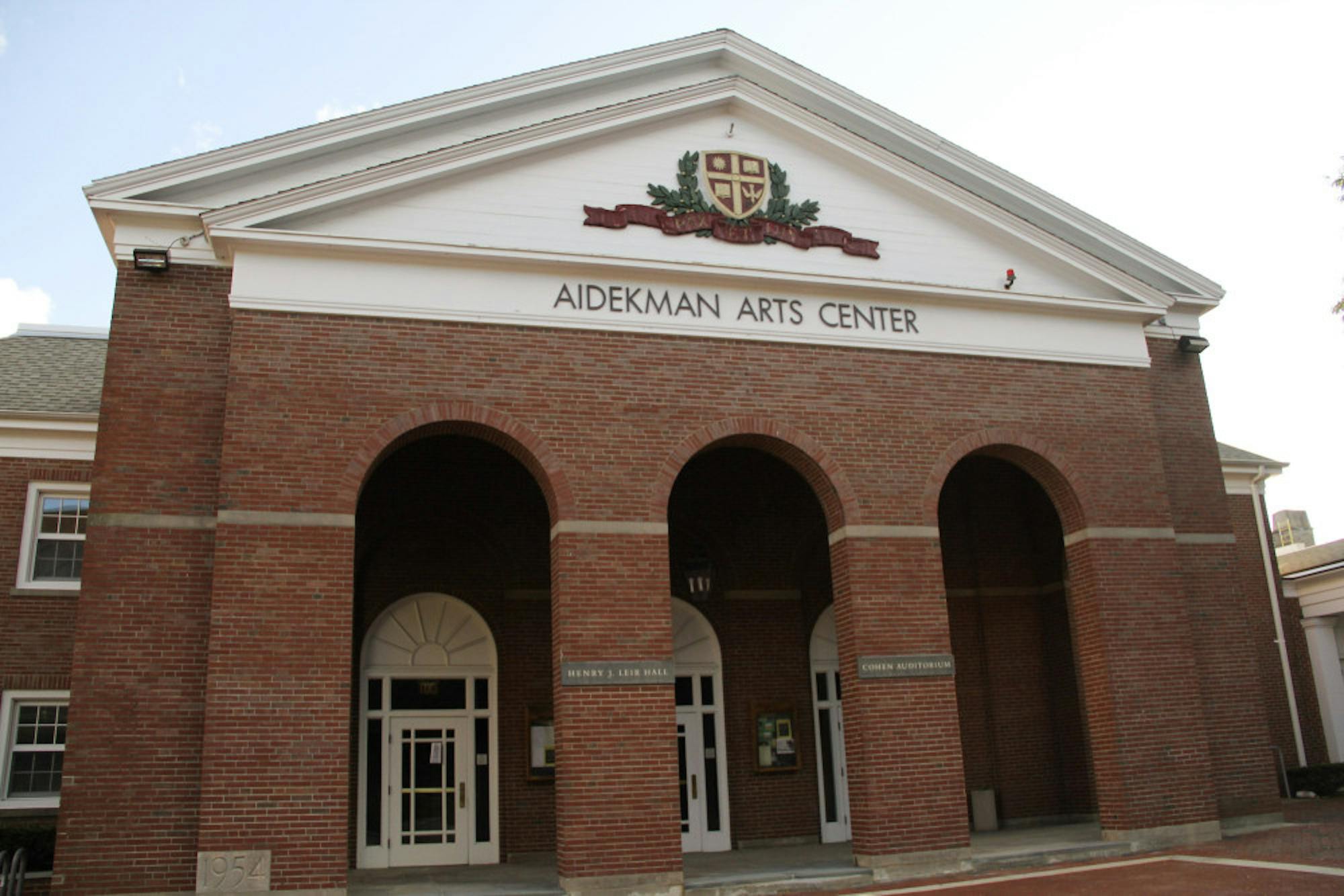Because Tufts has placed restrictions on gatherings of over 10 people due to COVID-19, performance groups on campus are facing challenges. The beginning of the semester is a crucial time for groups to recruit new members and hold auditions, but that process is unable to go on as it usually does.
Sarabande Dance Ensemble has transitioned to an online format for its auditions. The group’s members filmed videos of themselves doing choreographed combinations, and dancers who auditioned recreated the choreography and sent back their own videos.
“We had two required videos, and then four optional videos where people could choose up to two of those videos to do and really show us their different styles and what they might be good at,” Cat Ahola, a senior and public relations chair of Sarabande, said.
This is different from Sarabande’s typical audition process. In past years, the group has had auditionees participate in an entire day of dancing.
“It’s pretty different not to be able to see people learn choreographies and dance in real time,” Ahola said.
For a cappella groups, holding auditions, even in a virtual format, is nearly impossible due to Tufts’ decision to prohibit singing on campus, even when alone in one’s dorm room.
For the Jackson Jills, Tufts’ oldest all-femme a cappella group, this was a tough blow.
“Since the university banned singing in our dorm rooms, we can’t host virtual auditions or auditions whatsoever,” Miley Xiao, a senior and president of the Jackson Jills, said.
Even though the Jills can’t hold auditions, Xiao said the group is still working on recruiting interested students for the future, when auditions will be possible. The Jills shared an interest form and hosted a virtual table at the student organization fair.
Despite the decisions of the Jackson Jills and other a cappella groups on campus to hold off on auditions for now, Shir Appeal, Tufts’ Jewish mixed-gender a cappella group, has decided to forge ahead.
Max Price, a junior, is Shir Appeal’s music director and oversees the group’s audition process. Shir Appeal had a creative idea to get around Tufts’ regulation on singing without breaking any technical rules.
“If people were on campus, they [went] off campus to Zoom into an audition outside, social-distanced, wearing a mask, to comply with all the Tufts guidelines in the best way possible,” Price said.
Pricesaid the process went fairly smoothly, and that they have inducted three new members into the group.
He said Shir Appeal understood and respected other groups’ decisions to delay auditions, but they ultimately decided that holding auditions, albeit in this different way, was best for them.
“Our number one priority is the maintenance of the group and making sure it outlives us, and so it was definitely important to us to have a new generation of people joining Shir Appeal,” Price said.
HYPE Mimez, the only award-winning collegiate mime troupe in New England, is planning to hold auditions as it typically would.
“We’re going to be having auditions just like normal in person,” Ruth Greenfield, a returning member of HYPE Mimez, said.
There will only be three people — two returning members and the auditionee — in the room at a time, and masks will be worn to comply with Tufts’ guidelines, Greenfield, a sophomore, said.
“Our plan is to sit a couple rows back, so we’ll be maintaining distance,” Greenfield said.
Like HYPE Mimez, Cheap Sox will be holding in-person auditions. Cheap Sox, an improv group, has six returning members and is planning to accept two or three new ones.
“We’re hoping to maybe put up a tent and have them do what they’d normally do, just keeping social distance,” Tessa Abedon, asenior and co-captain, said.
Both HYPE Mimez and Cheap Sox will remain with under 10 members, which allows them to practice together in person, a privilege that larger dance and a cappella groups don’t have.
Going through the process of gaining new members is crucial to the future success of all of these performance groups. For instance, at the end of this school year, the Jackson Jills will have many fewer members than they’d like to have because they weren’t able to hold auditions this fall.
“That will leave us with seven girls after we graduate, so that’s a little concerning because that’s not a lot of people,” Xiao said.
As a result, they are actively recruiting students and hoping to keep their interest. If the singing band remains for the spring semester, the group is planning to hold virtual auditions over winter break, when students are home and the rule won’t apply.
Although these various different kinds of auditions aren’t ideal, they do have some positives, according to Ahola.
“These virtual auditions give people the chance to really think over the choreography and work on it, and then decide what else they can bring to it, which we really value,” Ahola said.
Regardless of how groups are handling the audition and recruitment process, a common challenge is staying connected as a group during this time, especially because in-person performances, usually highlights of the semester, will likely not be happening.
“We have been scheduling social distance hangouts between current members of the group and new members, just so that we can sort of get to know each other. Like I said, community is the big thing here,” Price said.
Despite the many obstacles and challenges performance groups have to work around, these students will take any chance they get to continue doing what they love.
“Sarabande really helps balance out the stress of our academic classes so we just wanted to keep going and have this creative outlet,” Ahola said.






